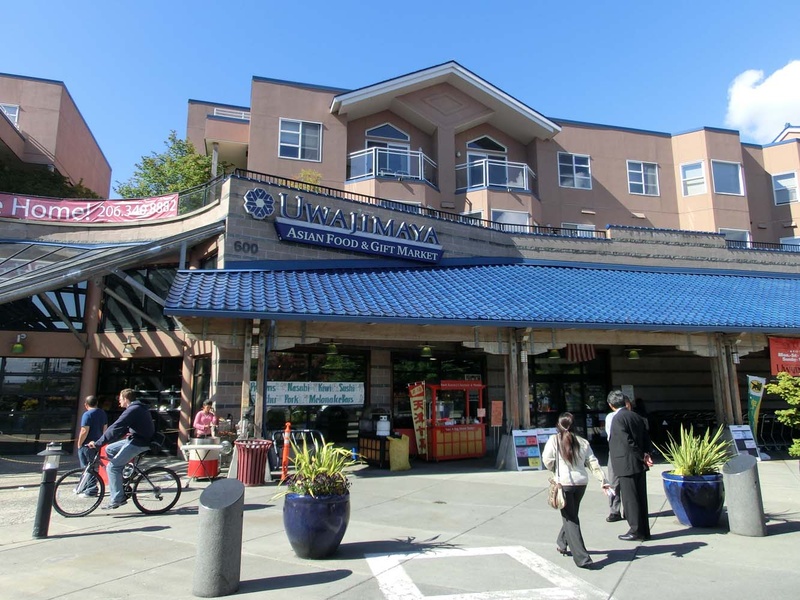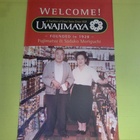"I miss the accent of my hometown. I go to the train station to listen to it in the crowd."
This famous song by Ishikawa Takuboku expresses the loneliness he felt when he came to Tokyo in 1908 and went to Ueno Station, where people from Tohoku were gathering, to hear the nostalgic language of his hometown.
I once heard that in the 1980s, Japanese people living in New York would often say, "The Empire State Building brings back memories of my hometown." The Empire State Building was a symbol of New York tourism at the time, and was crowded with so many Japanese tourists, but at the same time, it also meant that if you missed the Japanese language, you should go there.
Even within Japan, the longer you travel the more you long for home. If you live in a foreign country, the more nostalgic the Japanese language will sound. At least until the spread of the Internet, it was common that if there were no Japanese people around, there would be no opportunity to hear the Japanese language.
Just like words, the food of one's home also evokes nostalgia, and when one leaves Japan there is nothing more nostalgic than Japanese food, and the desire to eat Japanese food is stronger than the "words". In that sense, places where one can get Japanese food overseas are like an oasis in the desert. Stores selling Japanese ingredients and foods have played the role of this oasis.
Sushi and ramen have spread all over the world, and the appeal of healthy ingredients such as tofu has also spread, and Japanese food is now known all over the world. Stores selling Japanese food have appeared in a variety of sizes. However, in the past, they were just small stores that catered to the local Japanese community.
A long-established company celebrating its 90th anniversary
Many such stores have opened in Seattle, Washington, a city on the Pacific coast where a Japanese immigrant community was established early on in the United States. Among them, Uwajimaya has occupied a central position for many years.
Because it is an American store, it is written as "Uwajimaya," but this is the romanized spelling of "Uwajimaya," and the name Uwajima comes from Uwajima City in the southwestern part of Ehime Prefecture, Shikoku. The name was chosen because the founder, Fujimatsu Moriguchi, a first-generation Japanese immigrant, trained in a seafood processing store in Uwajima when he was young.
Founded in 1928 (Showa 3), Uwajimaya will celebrate its 90th anniversary next year. Of course, it started out as a small family-run store. However, it has now become a huge supermarket whose name is known to everyone in Seattle and its surrounding areas, and it stocks Japanese food ingredients and foods made in Japan. Also, as Japanese and other Asian ingredients have become completely international, Uwajimaya is used by Americans not just as a supermarket that sells Japanese and oriental foods, but as a regular supermarket.
The current Uwajimaya is located in a corner of Seattle's International District, an area that was once home to a Japantown formed by Japanese immigrants. The core of the building, named Uwajimaya Village, is the supermarket Uwajimaya, which sells groceries as well as Japanese daily necessities and also has a food court. The building also houses several other tenants, including Kinokuniya Bookstore and restaurants, and some of the upper floors are apartments.
There are Japanese restaurants and izakayas scattered around the area, but most of them are Chinese restaurants. In this area, Uwajimaya stands out as a symbol of the history of Japan Town.
Although it has become easier to obtain Japanese ingredients overseas than in the past, they are still only available in a limited number of places. For Japanese students studying abroad and Japanese people working locally, Uwajimaya, which serves Japanese food as a source of energy, remains an oasis where they can quench their craving for Japanese things.
(Titles omitted)
© 2017 Ryusuke Kawai







